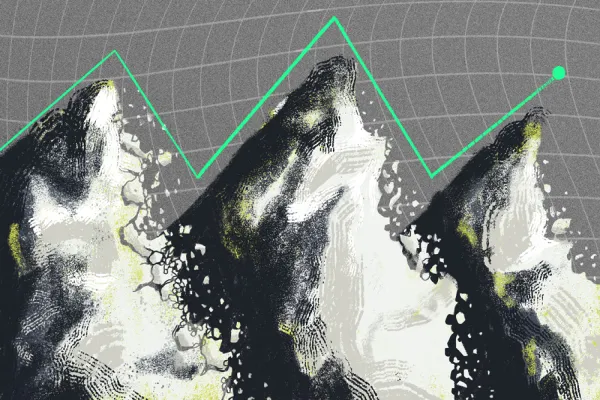When Tiger Asia’s Bill Hwang announced recently he was handing back all of his outside money by the end of this month, he reportedly told clients in a letter it was due to a “prolonged legal situation.” He was referring to a three-year probe by Hong Kong securities officials as well as a U.S. Securities and Exchange Commission investigation.
“As you are aware, the firm has been the subject of government investigations of alleged trading based upon confidential information and engaging in certain manipulative trades in late 2008/early 2009 in Asian markets,” Hwang wrote in his letter. “We continue to work to resolve these matters in the U.S. and overseas and look forward to putting them behind us.”
Tiger Asia said it will become a family investment office continuing to invest mainly in Chinese, Japanese and Korean markets with emphasis on telecom, media, Internet, consumer, property and financial stocks.
The fund — one of Julian Robertson’s first Tiger seeds, in which he initially invested $23 million — is down to around $1.2 billion, nearly half of which is Hwang's own money and over $250 million is Robertson’s, according to sources.
While legal issues clearly have weighed heavily on the New York City firm, a recent run of mediocre performance has also dogged this once high-flying hedge fund. In fact, Hwang’s recent performance struggle is a familiar story in the hedge fund world: Basically, a young hot shot racks up early big gains with small sums of money and then experiences a surge in new money, only to post losses or lousy returns after most of the investors get into the fund.
Tiger Asia told investors in the letter that since its 2001 inception, it has posted a 15.8 percent return.
However, at the end of 2007, Tiger Asia had a 40.4 percent annualized return. By the end of that year he had nearly $8 billion.
Hwang, though, likes to take risks, and it has hurt him.
In 2008 — when many investors and the global markets suffered big losses — Hwang finished down 23 percent. But he had been up as late as August of that year. Investors say he was heavily short in the first half of the year but went net long 50 percent in the fourth quarter, turning bullish too soon. He also suffered big losses from Lehman and Volkswagen.
In 2009 he was up just 3 percent when the global markets came roaring back after going net short again. This was followed by a 1 percent gain in 2010 and 9 percent profit last year.
He made 3.72 percent through the first six months of this year but was flat through mid-August, according to an investor. So, he is still below his high-water mark.
To his credit, Hwang has been mostly net short since mid-2009.
Hwang implicitly admits disappointment in his performance, stating in the letter: “I wish that I could have done better for you, especially during the periods of market difficulties such as in 2008.”







